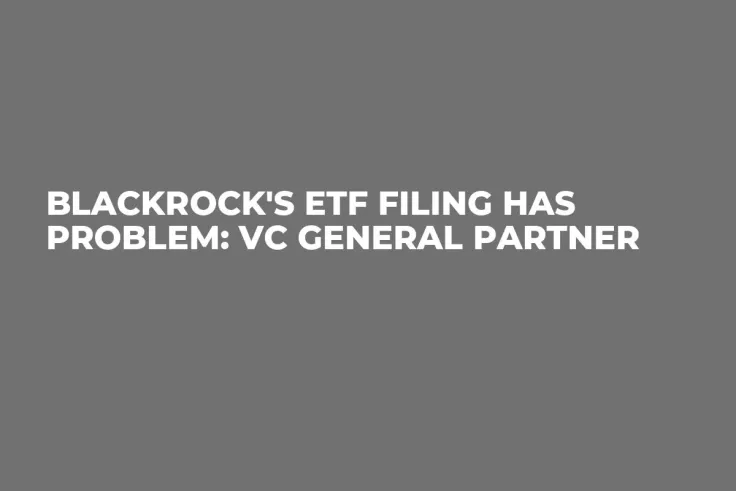BlackRock's inclusion of surveillance-sharing agreements in its Bitcoin ETF application has prompted speculation about its potential to "crack the code" and secure approval. However, there are reasons to question this assumption.
First, surveillance-sharing agreements are nothing new in Bitcoin ETF proposals. In fact, they are typically standard practice. If their inclusion was all it took for approval, then it is reasonable to suggest that other firms, such as Fidelity, Bitwise and Van Eck, would have already achieved success with their own applications.
This raises three potential scenarios: BlackRock is sending a broader message, it is testing the waters or it is hoping for a different approach from Securities and Exchange Commission (SEC) commissioners this time around. If the latter is true, we may find clues in the previous SEC dissent.
Bitcoin ETF musings…I’ve seen the analysis that the Blackrock inclusion of surveillance sharing agreements is the novel touch that will allow them to crack the code...not a lawyer, but I’m a bit skeptical...
— Matt Walsh (@MattWalshInBos) June 22, 2023Advertisement
Notably, SEC Commissioner Hester Peirce has repeatedly disagreed with ETF rejections. In her 2018 dissent on the Winklevoss denial, Peirce suggested that the SEC was wrongly focusing on the functionality of the spot market, arguing that the proposal was adequate in preventing ETP-share manipulation. Similar points were driven home in her 2020 dissent on the Wilshire Phoenix and NYSE Arca Inc application.
In 2023, Peirce and Commissioner Mark Uyeda (a Biden nominee) contended in their dissent on the VanEck proposal that the commission was using a "different set of goalposts" for commodity-based ETPs, questioning the SEC's stance on surveillance-sharing agreements.
In conclusion, while the inclusion of a surveillance-sharing agreement in BlackRock's application may not be the "silver bullet" it is perceived to be, the broader landscape is evolving. With growing analytical and data-driven arguments, as well as potential shifts in the viewpoints of SEC commissioners, the second half of 2023 may indeed see a number of spot Bitcoin ETFs getting approved.


 Dan Burgin
Dan Burgin Vladislav Sopov
Vladislav Sopov